Date/Time
Date(s) - 28/03/2017 - 30/03/2017
All Day
Location
Crowne Plaza Hotel
Categories
The Water Sciences and Technology Association (WSTA), a regional organization related to the countries of the Gulf Cooperation Council (GCC), organized the 12th Gulf Water Conference (GWC) from 28 to 30 March 2017 in Manama, Bahrain. The Gulf Water Conferences take place in intervals of 2-3 years in different GCC countries. They primarily gather water experts from governments, research institutes, and the private sector in the six GCC countries: Bahrain, Kuwait, Oman, Qatar, Saudi Arabia, and United Arab Emirates (UAE). Participants also come from other Arab countries as well as from further abroad (Europe or North America).
The conference, attended by 200-250 water experts, focused on the new GCC Unified Water Strategy (UWS) for 2016-2035, which was adopted by the GCC Secretariat in mid-2016. A number of the UWS goals directly or indirectly relate to a better management of groundwater.
During the conference, the approximately 70 lectures addressed a wealth of issues, from integrated water strategies and groundwater management, to climate change and water resources, to municipal water management and security, to agricultural water management, and to wastewater management. In special sessions, additional topics were addressed, such as the role of regulatory authorities for efficient water management, the water-energy nexus, governance of groundwater, and the environmental dimension of water with special focus on water within the SDGs. The conference ended with a draft of recommendations that are currently under review.
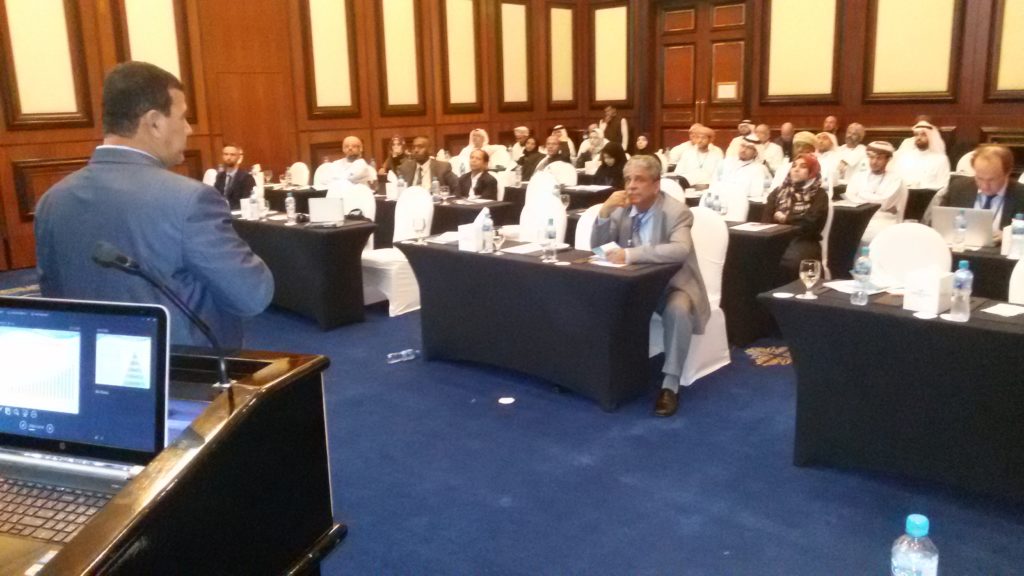
Mohammed Dawoud from the Environment Agency, Abu Dhabi presenting on cost – benefit analysis for reuse of treated wastewater in the UAE, including MAR options
Highlights on Groundwater at the 12th Gulf Water Conference
Approx. 30% of the presentations were directly or indirectly related to groundwater in the individual countries (crf. Technical Program http://gulfwaterconference.com/conference-program.php).
One of the topics that appeared prominent in the agenda was Managed Aquifer Recharge (MAR) and Aquifer Storage and Recovery (ASR). Recent developments and examples were put forward, raising the idea of the importance of managing groundwater as a reservoir and storage for surplus water from desalination, treated sewage effluent or storm water runoff. In particular, the work carried out in the UAE on MAR / ASR was covered by a number of presentations. From the following discussion, it was clear that MAR / ASR activities are of high relevance to the GCC region and to groundwater experts in all GCC countries. It was recommended to give more focus to MAR research and studies during the next Gulf Water Conference, possibly with a special MAR session.
Ralf Klingbeil representing BGR, the Federal Institute for Geosciences and Natural Resources, Germany, provided a contribution on ”Groundwater Management in the MENA Region: Challenges and Opportunities for the Future” that specifically addressed two topics: (1) Brackish and saline groundwater as an optional additional water resource, and (2) Managed Aquifer Recharge, subsurface solutions in coastal settings and BGR participation in the SubSol project. During this presentation, GRIPP was promoted among the participants and GCC institutions were recommended to join the global initiative. Other presentations addressed groundwater quality studies and the groundwater management related to the impacts of climate change.
During a special session organised by UNEP (UN Environment), Regional Office of West Asia in Bahrain, relations between environment and water with the Sustainable Development Goals (SDGs) were addressed. The need to improve the SDG indicators and monitoring process in the water sector with adequate groundwater-related indicators was raised by a number of discussants. In this context, the new IAH Strategic Overview Paper “Groundwater and the UN-SDGs – Essential Indicators for Groundwater” was proposed as a document that can provide necessary guidance for a better inclusion of groundwater in the SDG process.
In another special session by UNESCO Cairo Office, the issue of groundwater governance in the Arab region was addressed on the basis of the previous GEF-funded project ”Groundwater Governance – A Global Framework for Action” implemented by FAO, UNESCO, WB and IAH. The specific case of the groundwater contracts in Morocco was highlighted. UNESCO informed the audience about plans by FAO and UNESCO to start capacity development activities on groundwater governance for the Arab countries and to hold a regional workshop on 02-04 Oct 2017 in Bahrain in cooperation with the Arabian Gulf University (AGU), entitled “Expert Meeting on Capacity Building on Groundwater Governance in the Arab Region”.
The GCC UWS, now under implementation, will have an influence beyond the GCC countries on the entire Arab region and the water policies in other Arab countries. Even though it covers a period until 2035, the UWS is a key milestone for the GCC countries on their way towards achieving the water-related 2030 SDG targets at the respective national levels. It became clear that the combination of water-related research and socio-economic strategies is an especially important topic for the region.
The Groundwater Solutions Initiative for Policy and Practice (GRIPP) can be a useful mechanism for interaction and collaboration between regional and national partners from the GCC and Arab countries to exchange practical solutions that can be adapted to the needs of the region. As such, institutions from the GCC and Arab countries are encouraged to join the global initiative and bring in their experiences on groundwater management issues under semi-arid and arid conditions.
Hannover, 12 Apr 2017
R. Klingbeil, Federal Institute for Geosciences and Natural Resources (BGR)






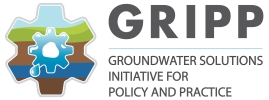
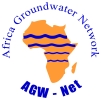
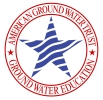
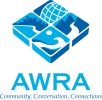

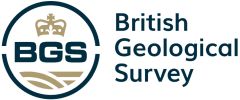
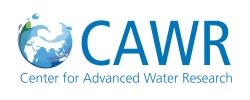


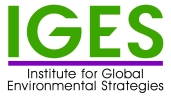
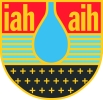


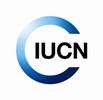



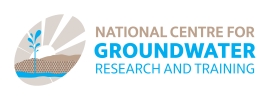
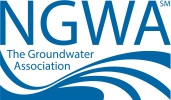
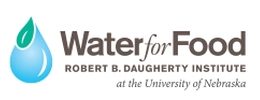



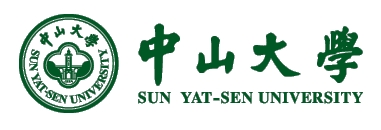

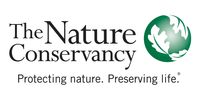
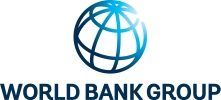

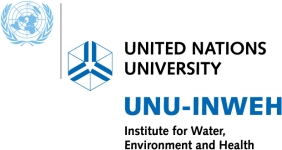
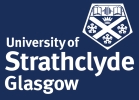
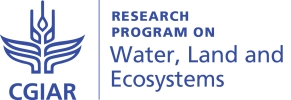
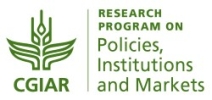





Hi Ralf,
IAH-MAR is compiling a 60 year global history of MAR and it would be great to include gulf states within this. Please see https://recharge.iah.org/60-years-history-mar to see examples of contributions sought. Only need 2-3 pages including a table of average annual volumes of MAR for region at each of the last 6 decades to 2015. Aiming to finalise a journal paper mid year for submission to Hydrogeology Journal as open access with UNESCOs support with lead regional contributors being co-authors of global summary.